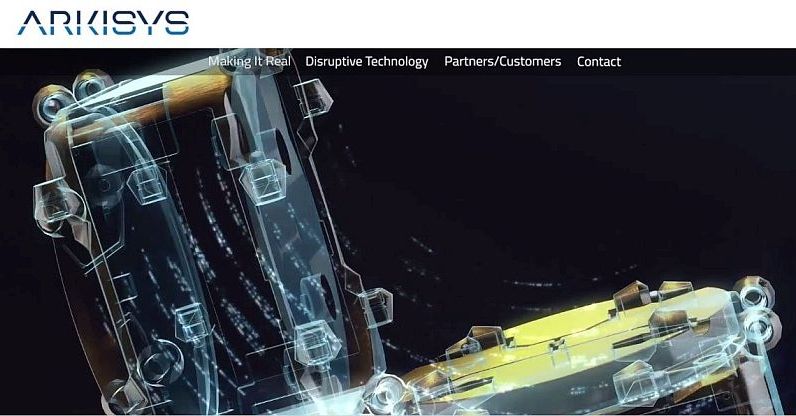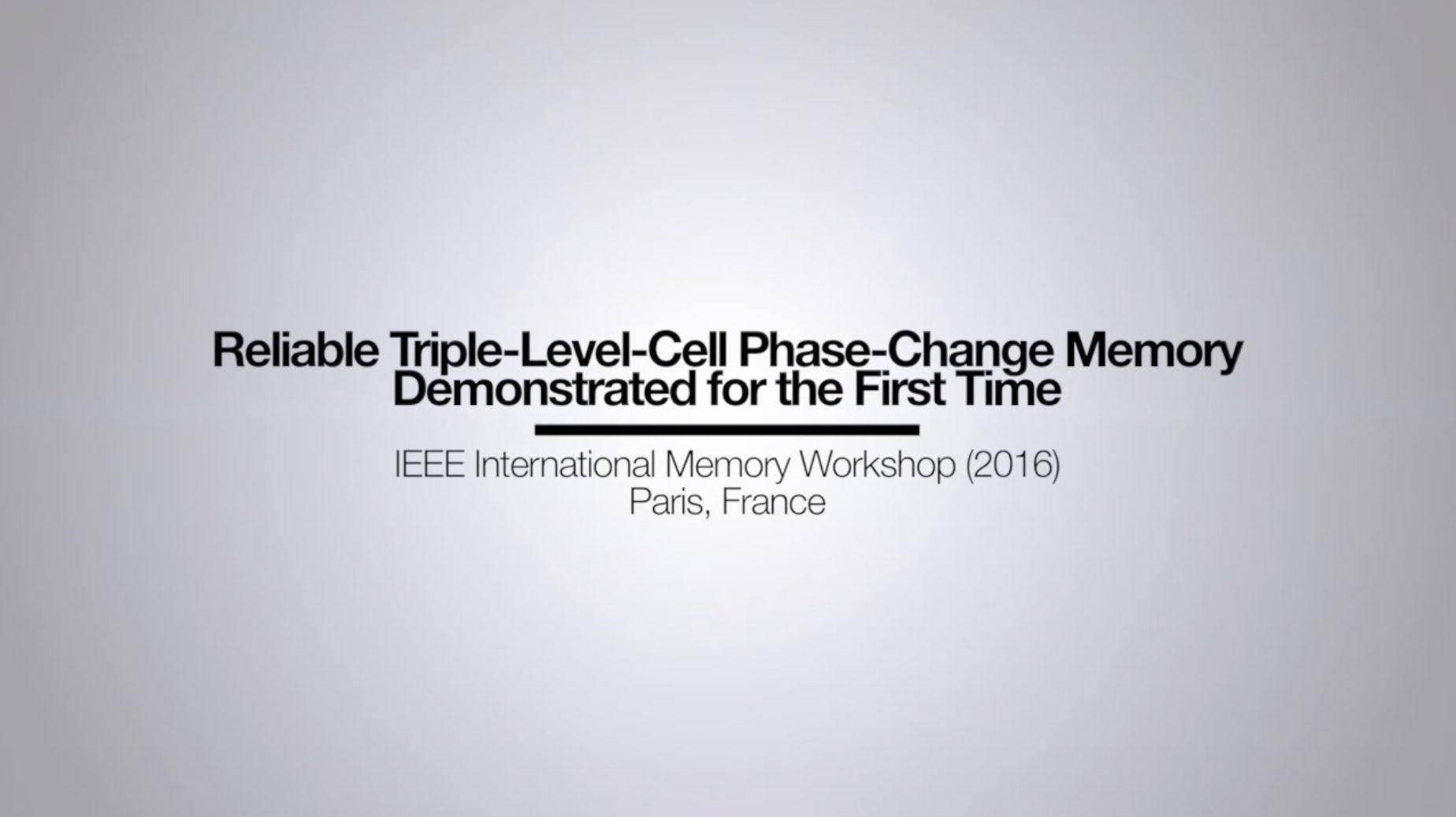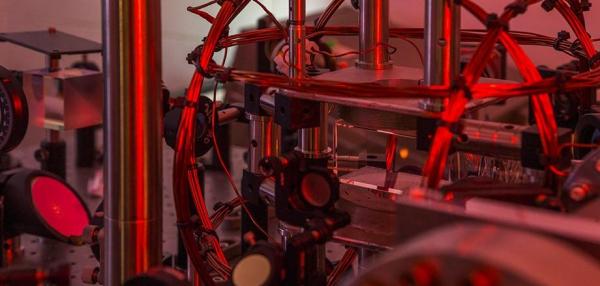May 17, 2016
From data to service: the transition to “space-to-space” commerce
Posted by Karen Hurst in categories: energy, military, satellites
Excellent read about future Commerce in Space — could we see an Amazon or a HomeDepot in space?
In space there are no service stations to pull into and get replacement parts for your satellite. Nor is there a towing service if a satellite is in the wrong orbit, a construction contractor to help you build structures, or a “Space Depot” for those who wish to “do-it-themselves” on orbit. In other words, we still operate within a first-generation space industrial enterprise, i.e. all commerce is on Earth, and we only focus on bits (data) coming from monolithic things that go up (i.e., satellites), which eventually die or just come down with no chance of repair or reuse.
Today the commercial space industry focuses exclusively on applications that support launching science, exploration, military, or established earth-bound data communication or delivery services, focusing data to/from space. The lack of technology to support or “markets” to enter has resulted in nebulous, unconsolidated and without-a-critical-mass investment in space-based infrastructure, industrialization, space resources (survey and process maturation) and global utility creation and delivery applications in space. However, all that may finally be changing.
Continue reading “From data to service: the transition to ‘space-to-space’ commerce” »















